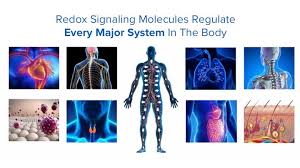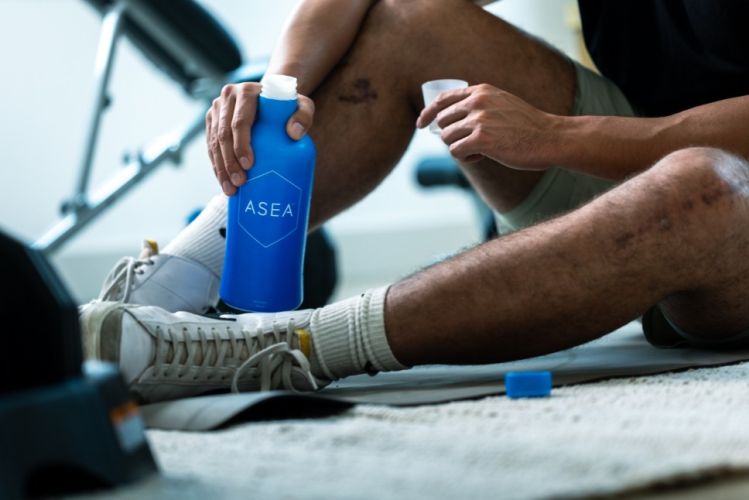

Combat Soreness with These Muscle Recovery Supplements

Every athlete dreads one thing: post-recovery muscle soreness. You’ve completed a tough workout, only to be greeted later by that lingering soreness that makes even the simplest of tasks, like walking or bending, feel like a workout.
Finding the right supplement for overworked muscles is not just a bonus; it’s part of the training. Your muscles grow and get stronger while you rest. Fueling your body with the right nutrients and supplements for muscle recovery gives your muscles the energy they need to rebuild stronger muscle and recover faster from intense workouts.
When you’ve struggled with muscle soreness after a particularly intense workout, you have likely used some of these muscle recovery tips to relieve lingering soreness post-workout:
The market is flooded with different types of muscle recovery supplements. While wading through all the marketing hype, how can you determine what’s most important when choosing a muscle recovery supplement to help combat post-workout soreness?
When it comes to muscle recovery, the most effective supplements include ingredients that go beyond protein or electrolytes. An effective muscle recovery supplement will have these essential components:
Antioxidants fight off free radicals that can build up during exercise. Free radicals are unstable molecules that form in your body as a natural byproduct of exercise. Oxidative stress occurs when unstable free radicals build up faster than your body can neutralize them. If too many collect, they try to create balance by “stealing” electrons from healthy cells. This can damage cell membranes, proteins, and even DNA. That’s why antioxidants are so important—they help neutralize free radicals and protect your cells.
Adaptogens are natural plant compounds that help your body adapt to stress—whether it’s physical strain from lifting heavy weights or mental fatigue from pushing through tough training. They calm the stress response and promote balance, so recovery feels smoother.
Redox molecules act as powerful cellular messengers, helping your body communicate more effectively at the cellular level. This means your cells can repair damage and restore energy more efficiently.
You’ll find that the best supplements include ingredients that work together as a team to provide your body with the nutrients to do what it does best–repair and restore.
Protein is what your body needs to repair and rebuild muscle fibers broken down during workouts, which is essential for strength and growth.
Antioxidants neutralize free radicals and protect your cells from damage.
Redox signaling molecules enhance cellular signaling so your body repairs, restores energy, and balances itself more efficiently.
After a tough workout, your muscles need help repairing microscopic tears and calming inflammation. Look for supplements that provide antioxidants, adaptogens, and redox signaling, not just a quick energy boost.
Supplements that include redox signaling molecules help your cells communicate more effectively, so they know when to repair, restore, and defend themselves. By supporting this natural cellular “messaging system,” redox technology can help your body feel energized and balanced from the inside out.
Redox signaling molecules are naturally produced in every cell of your body. They act as messengers, helping your cells detect damage and trigger the repair process. After an intense workout, your muscle fibers experience microscopic tears and oxidative stress (too many free radicals). Free radicals not neutralized by antioxidants can attack healthy cells and damage muscle fibers or disrupt normal cellular function. This is why soreness lingers or your energy feels depleted after exercising. By managing oxidative stress through antioxidants, adaptogens, and redox support, you give your body the green light to heal faster and come back stronger.
When redox signaling is strong, your cells quickly recognize when tissues are damaged, activate antioxidants to neutralize free radicals, and trigger the repair process. In terms of muscle recovery, healthy redox signaling will not only help muscles recover faster but it will also improve resilience so your body adapts better to training and stress as it continues to grow stronger.
Not only does our redox signaling supplement aid cells in their most important work of repairing cellular damage and preventing oxidative stress, but it also offers the following benefits:
Immune Support: Supports cellular health and normal immune function.
Heart Health: Helps maintain healthy circulation and vascular function.
Brain Function: Supports mental clarity and helps reduce oxidative stress.
Digestive Support: Supports digestive enzyme activity and nutrient uptake.
Hormone & Mood Balance: Helps maintain healthy energy and mood signaling.
James Eckburg
